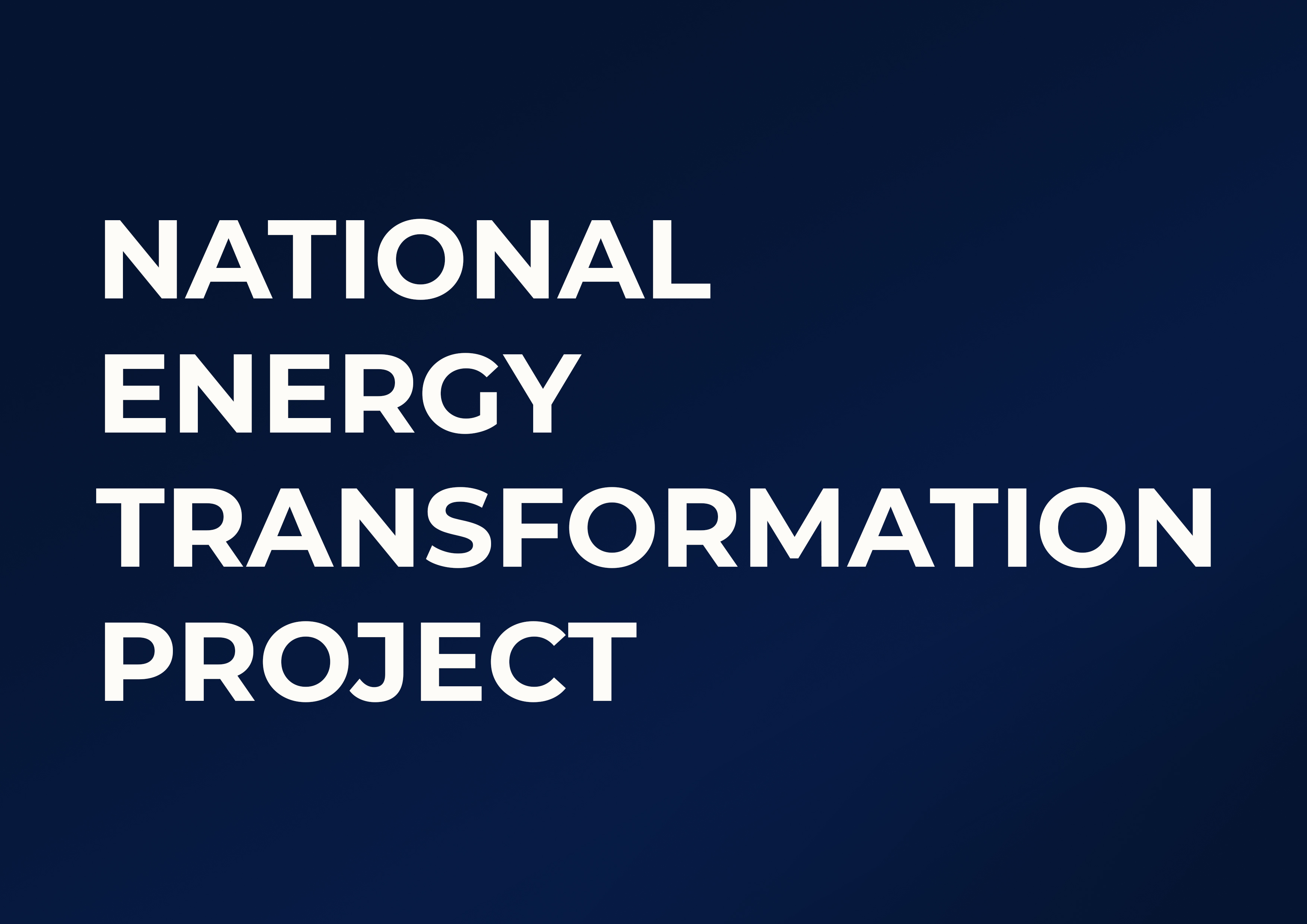Project Details
Papua New Guinea National Energy Access Transformation Project
The Papua New Guinea National Energy Access Transformation Project (NEAT or the ‘Project’) will be financed by the World Bank and implemented by the National Energy Authority (NEA) and PNG Power Limited (PPL). The project will support the GoPNG in achieving its energy access target through investments in on-grid electrification, sustainable renewable energy mini-grids, private sector-led off-grid market promotion, and institutional development.
The Project consists of four components:
- Component 1: Rehabilitation, resiliency enhancement of PPL infrastructure, and on-grid electrification – This component will improve the capacity and reliability of electricity services and increase household (HH) connections for electrification and, through the PPP scheme, facilitate private sector involvement. This component has three subcomponents: i) Subcomponent 1.1: Rehabilitation and modernization of distribution networks; ii) Subcomponent 1.2: Grid densification and expansion for household connections; and iii) Subcomponent 1.3: Pilot Public Private Partnership in PPL mini-grid clean energy modernization which includes the provision of Viability Gap Financing (VGF) to a private company that will build, operate, own, and transfer (BOOT) mini-grid, through PPL.
- Component 2: Renewable energy micro-grids and rural energy market development – This component aims to expand energy access in remote communities that are not served by PPL. Subcomponent 2.1: Micro-grid systems aims to provide investment grants through NEA to private service providers to install, operate, and maintain RE-based micro-grid systems in rural areas. Subcomponent 2.2: Solar-home systems (SHSs) and products aims to increase the uptake of quality-verified SHSs and solar products in rural areas, through establishing a funding mechanism to provide catalytic grants and result-based financing (RBF) grants to eligible solar companies to extend their supply chains, develop markets, and scale-up the sales of certified off-grid solar energy kits.
- Component 3: Energy sector institutional development. This component aims to strengthen PPL and NEA's capabilities to plan, survey, design, coordinate, and implement the NEROP to achieve the GoPNG’s national energy access targets and to support the two entities in conducting strategic studies. Subcomponent 3.1. ‘NEA institutional development’ will provide technical assistance for key studies for Project implementation, sector policy development, and related capacity building programs to be conducted by NEA. Subcomponent 3.2. ‘PPL institutional development’ will provide technical assistance for site identification and pre-feasibility studies for small hydropower and other variable RE, and support for technical capacity development of PPL.
- Component 4: Project management – This component aims to support the respective project management by NEA and PPL.
The project’s Environmental and Social Framework (ESMF) will serve as the Project’s umbrella for environmental and social management. This ESMF aims to guide NEA and PPL on the environmental and social screening of the Project activities and subsequent environmental and social assessment and management of these activities during project preparation, design, and implementation. Other key E&S instruments include the Environmental and Social Commitment Plan (ESCP); Stakeholder Engagement Plan (SEP); Land Access and Resettlement Framework (LARF); Labour Management Procedure (LMP) – refer to ESMF Annex; and Indigenous Peoples’ Policy Framework (IPPF) – refer ESMF Annex.
[ BACK TO PROJECTS ]



